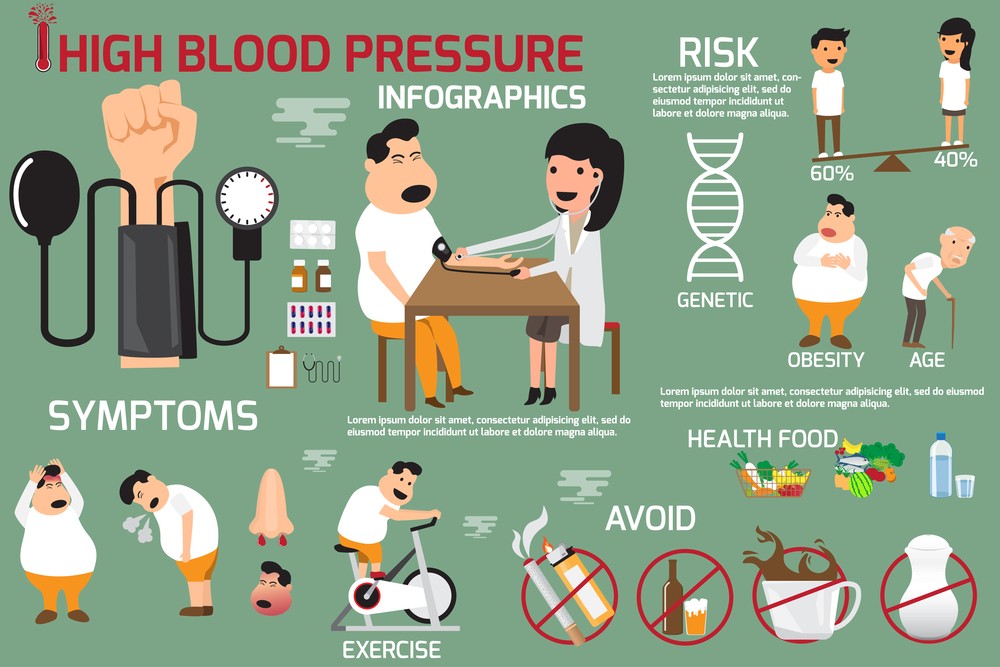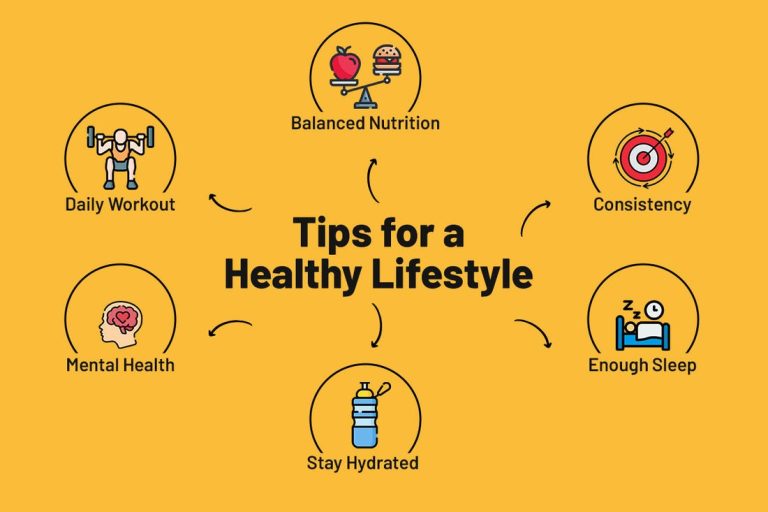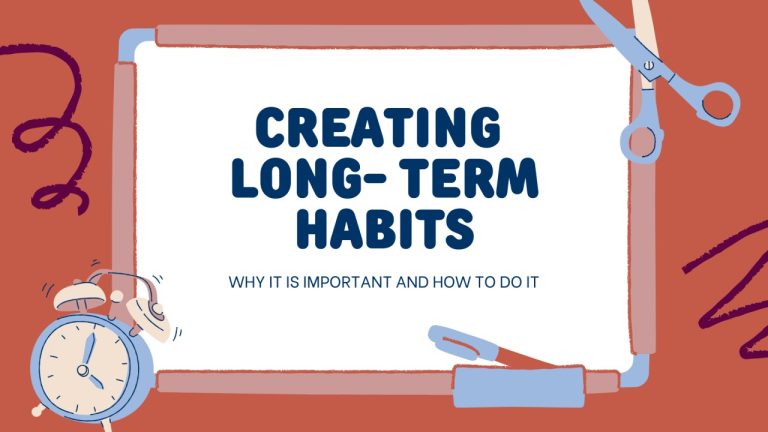How to Prevent and Manage High Blood Pressure
High blood pressure, medically known as hypertension, is often dubbed the “silent killer” for a very compelling reason: it frequently presents with no discernible symptoms, quietly wreaking havoc on the body’s intricate systems for years before manifesting in a significant health crisis. Yet, its impact is anything but silent, serving as a primary risk factor for heart disease, stroke, kidney failure, and other debilitating conditions. In an era where lifestyle diseases are increasingly prevalent, understanding how to prevent and effectively manage high blood pressure is not merely a recommendation; it is a critical investment in one’s long-term health and quality of life. The good news is that, for many, the power to control this pervasive health challenge lies largely within their own hands, through informed choices and consistent self-care.
The cornerstone of both preventing and managing high blood pressure lies firmly in **lifestyle modifications**. While genetics can play a role, the profound influence of daily habits cannot be overstated. One of the most impactful changes involves **adopting a heart-healthy diet**. This translates to significantly reducing sodium intake, as excessive salt is a major contributor to elevated blood pressure by causing the body to retain fluid, thereby increasing blood volume. Processed foods, canned goods, and fast food are often hidden culprits of high sodium levels. Instead, focus on a diet rich in fruits, vegetables, whole grains, lean proteins, and healthy fats, often epitomized by the DASH (Dietary Approaches to Stop Hypertension) diet. This emphasizes potassium, magnesium, and calcium, minerals known to help regulate blood pressure. For instance, incorporating more leafy greens, bananas, avocados, and low-fat dairy products can naturally support healthy blood pressure levels.
Alongside dietary adjustments, **regular physical activity** is an indispensable tool in the fight against hypertension. Engaging in at least 150 minutes of moderate-intensity aerobic exercise or 75 minutes of vigorous activity per week can significantly lower blood pressure and improve cardiovascular health. This doesn’t necessarily mean hitting the gym for grueling workouts; activities like brisk walking, swimming, cycling, dancing, or even gardening can be incredibly effective. Exercise strengthens the heart, allowing it to pump blood more efficiently with less effort, which in turn reduces the force on arteries. Consistency is key; even short, regular bursts of activity throughout the day are more beneficial than sporadic intense sessions.
Managing **stress effectively** is another critical, though often overlooked, component of blood pressure control. Chronic stress can contribute to temporary spikes in blood pressure, and over time, these repeated surges can damage blood vessels, leading to persistent hypertension. Developing healthy coping mechanisms for stress is vital. This might include mindfulness practices, meditation, yoga, deep breathing exercises, spending time in nature, pursuing hobbies, or ensuring adequate social connection. Recognizing your personal stress triggers and proactively implementing relaxation techniques can significantly contribute to maintaining healthy blood pressure levels and overall well-being.
Furthermore, maintaining a **healthy weight** is crucial. Excess body weight, particularly around the waistline, significantly increases the risk of high blood pressure. Losing even a modest amount of weight can have a remarkable positive impact on blood pressure readings. This is because obesity often leads to an increase in blood volume and places greater strain on the heart and blood vessels. A sustained effort to achieve and maintain a healthy Body Mass Index (BMI) through a combination of diet and exercise directly contributes to better blood pressure control and reduces the burden on your cardiovascular system.
For individuals who have already been diagnosed with hypertension, **medication** often becomes a necessary component of their management strategy, working in conjunction with lifestyle changes. Adhering strictly to prescribed medications, such as diuretics, ACE inhibitors, ARBs, beta-blockers, or calcium channel blockers, is vital. These medications work through various mechanisms to relax blood vessels, reduce fluid volume, or slow heart rate, thereby lowering blood pressure. Regular consultation with a healthcare professional is essential to monitor medication effectiveness, adjust dosages if necessary, and address any potential side effects. Self-medicating or discontinuing medication without medical advice can lead to severe health consequences.
Finally, **regular monitoring and consistent communication with your doctor** form the backbone of effective long-term management. Knowing your numbers is the first step. Regularly checking your blood pressure at home, in addition to routine medical check-ups, provides valuable data that can help your healthcare provider assess the effectiveness of your treatment plan and make timely adjustments. Maintain a log of your readings to share during appointments. Don’t hesitate to ask questions, voice concerns, or discuss any challenges you face in adhering to lifestyle changes or medication regimens. A proactive and collaborative approach with your medical team is crucial for preventing the progression of high blood pressure and safeguarding your cardiovascular health for years to come. In essence, while high blood pressure is a formidable health concern, it is a condition that can be largely prevented and effectively managed through informed choices, consistent effort, and a strong partnership with healthcare professionals.







